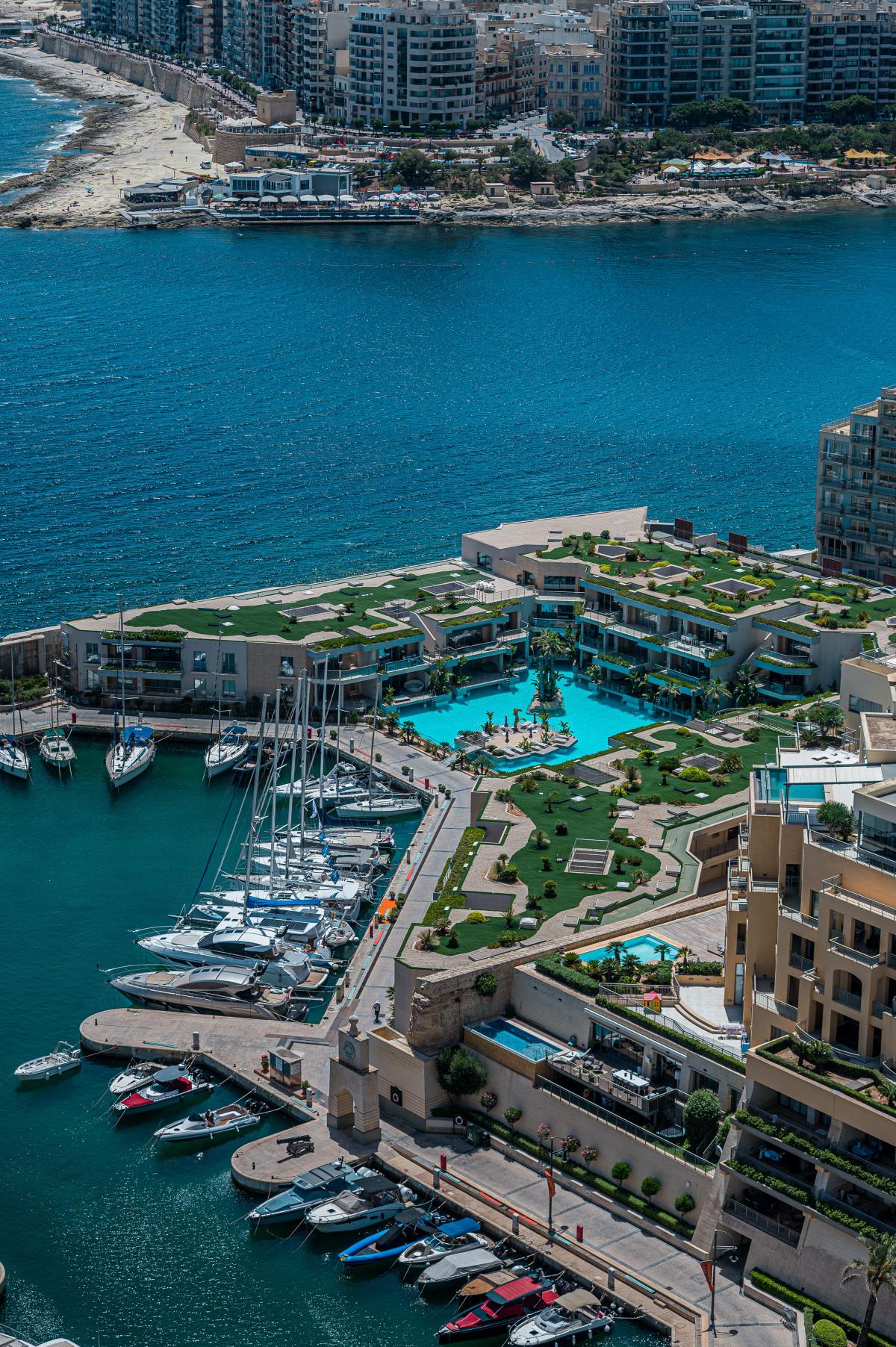Maltese people overwhelmingly judge their financial situation to be a good one, with smaller but significant majorities indicating they are also happy with their job and the national economy.
According to fresh Eurobarometer results, taken from a survey conducted between January and February 2022, people in Malta have positive feelings about economy-related matters, with 82 per cent saying their financial situation is good, compared to the European average of 72 per cent. Meanwhile, 70 per cent are happy with their personal job situation, 10 percentage points higher than the EU average.
Although 60 per cent judge Malta’s economy to be in a good position, a far cry from the mere 39 per cent of Europeans who feel the same about their own national economy, this is nonetheless six percentage points less than it was in 2021, while the share of those who feel it is doing badly jumped by 10 percentage points.
In fact, when it comes to future expectations, the Maltese results are far more in line with those of other European members states, even dipping below the EU average when it comes to the future employment situation.

Asked to name the two most significant issues facing the country and themselves personally, the rising cost of living topped the list both in Malta and across Europe. The Maltese were however even more likely to view it as a concern than their European counterparts, with 63 per cent saying it was a major issue for them (EU: 51 per cent) and 54 per cent saying it was a key national challenge (EU: 41 per cent).

The environment came second in the Maltese people’s list of issues, with locals about twice as likely to consider it a key concern as the EU average. (Personal MT: 26 per cent, Personal EU: 12 per cent / National MT: 30 per cent, National EU: 16 per cent).
Health meanwhile came in third place for Malta, while for Europeans it was the second most concerning issue.
Unemployment, a moderately significant cause for concern in Europe, was practically a non-issue locally, with only one per cent saying it was a problem for them.
Curiously, Maltese respondents tended to judge crime and migration about four times more important on a national level than they personally felt them to be, with immigration listed as a nation issue by 12 per cent of Maltese, although only four per cent felt that it is an issue for them personally. Similarly, crime was noted as an important issue for Malta by 11 per cent of respondents, even though only three per cent actually considered it relevant to them personally.
As has long been the case, Maltese people feel more European than the continental average (MT: 72 per cent, EU: 63 per cent), and expressed overwhelming support for economic and monetary union (MT: 82 per cent, EU: 69 per cent). They were also likely to judge the euro’s performance more positively (MT: 72 per cent, EU: 63 per cent).
Asked whether they trust the EU to make the right decisions in the future, while keeping in mind its response to the COVID-19 pandemic, Maltese respondents were again more positive in their outlook, with 74 per cent saying they trust the EU as compared to the European average of 60 per cent.
You can see the full results here (downloadable file).
Skills shortages overtake tax reform as top threat to Malta’s investment attractiveness
Survey findings warn that execution is now critical
Sustainability at the heart of Tumas Group: A conversation with Kevin Spiteri
The Group Engineer says long-term commitment to environmentally responsible growth continues to inform every decision
Finance Minister: Average restaurant pays just €4,500 in Corporate Tax annually
Minister Caruana addressed calls from the catering industry to reduce the VAT rate on restaurant services from 18% to 7%






